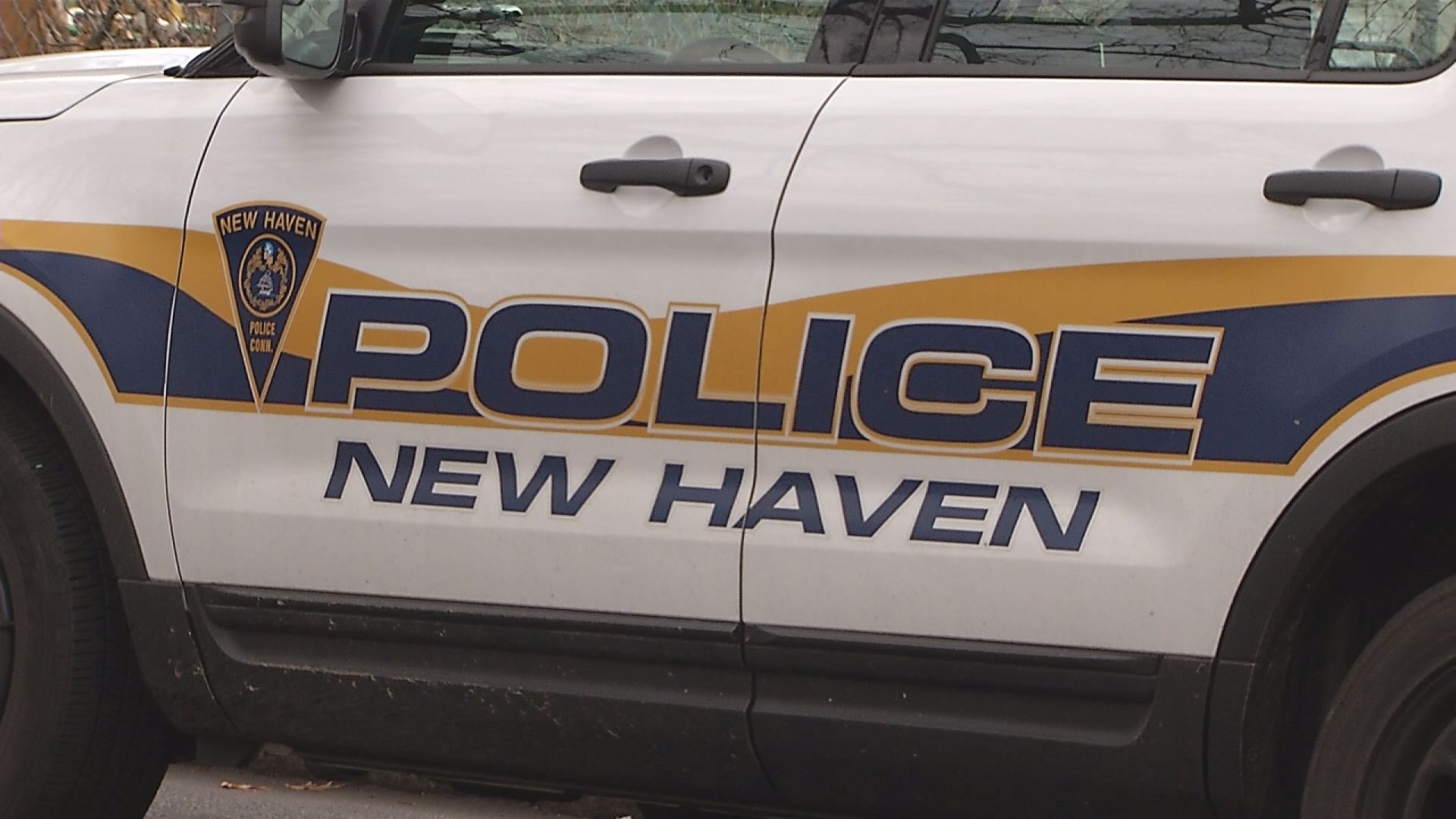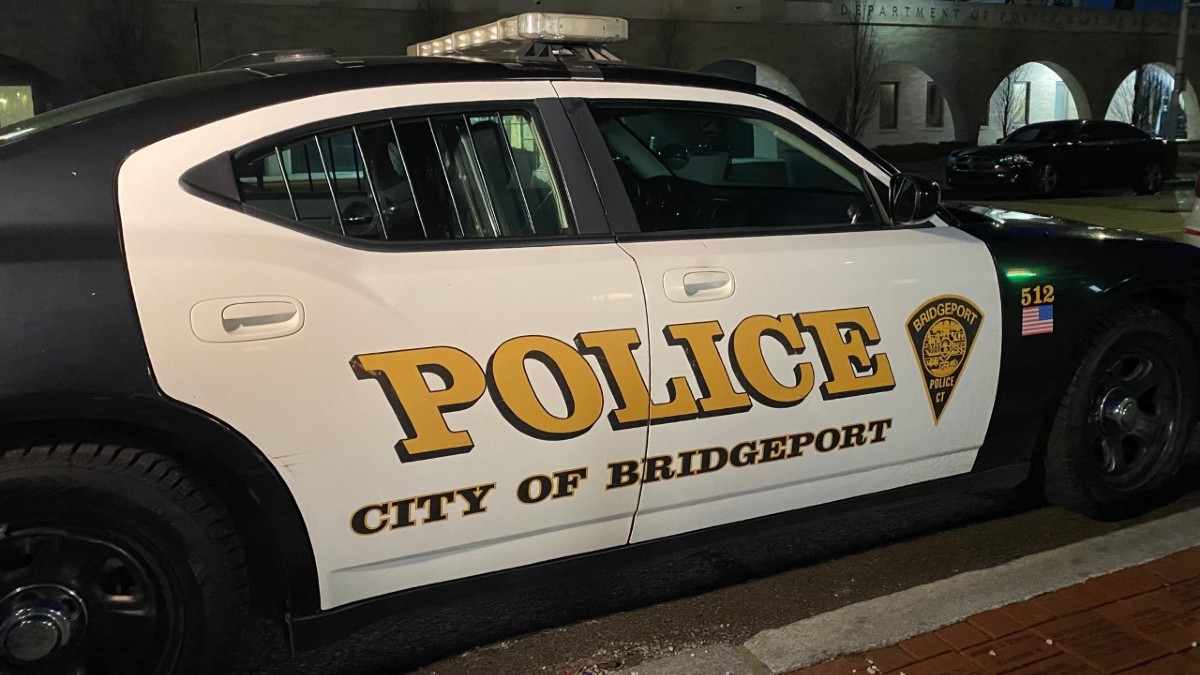
A bipartisan commission tasked with redrawing the boundaries for Connecticut's congressional districts failed to meet its deadline on Tuesday, sending the challenging job of crafting a new map to the Connecticut Supreme Court once again.
In 2011, the last time boundaries were redrawn, lawmakers couldn’t reach agreement on the congressional districts and the state's highest court named a special master to redraw the lines.
“We'll continue to have conversations with our counterparts, but I just don't think we'll be able to get there. It's not adversarial. No one is angry at anybody. This is high-stakes stuff,” said House Speaker Matt Ritter, D-Hartford. He noted how both Democrats and Republicans face “external pressures” to redraw the congressional lines in a certain way. In contrast, the group was able to reach bipartisan agreements on how to redraw the state Senate and House of Representatives to accommodate population shifts, lauding the process as a template for the rest of the rest of the country.
“This is bigger than Connecticut. It has national implications, potentially. And so, I think for a lot of us, we're hearing from people down in Washington about what they think and I think there's a lot less appetite for agreement, given the level of stress and toxicity in that environment,” he said. “I think both sides feel it.”
Get Connecticut local news, weather forecasts and entertainment stories to your inbox. Sign up for NBC Connecticut newsletters.
Ritter said the commission was not stuck on trying to redraw any particular congressional district. Rather, he said the population loss in the eastern part of the state and the population growth in the western part of the state ultimately affected all five districts.
The Connecticut Supreme Court agreed earlier this month to give the Reapportionment Commission until Dec. 21 at noon to finish its work redrawing the congressional district lines.
The justices also ordered the commission to file an interim status report on Dec. 15 to update the court on the panel’s efforts. That report was to include names, addresses and telephone numbers of three people the commission would recommend to serve as a special master, in case the panel couldn't adopt a plan by Dec. 21. But as of Tuesday, the group still could not agree on three names, Ritter said.
Local
In a notice released Tuesday afternoon, the court said it will “appoint its own special master” unless the commission complies with its earlier order and produces three names by 5 p.m. The Republicans have submitted their own list of three names to the court, according to documents provided by the Judicial Branch.
Ritter said he thought it was “absolutely terrible” the state Supreme Court is being put in the awkward position, for the second time in a decade, of having to finish the legislative task of redrawing district lines. Ritter said he was “extremely disappointed” in both himself and the process.
“I think it is a very risky strategy for both sides to go to court because we’re asking the court to achieve a very difficult situation. And I just hope that the court will agree that minimal changes is what should be required. I think that is where I am," he said. “But I readily admit this is not what they do and the expectation should always be that the legislators will do this job in the future.”



